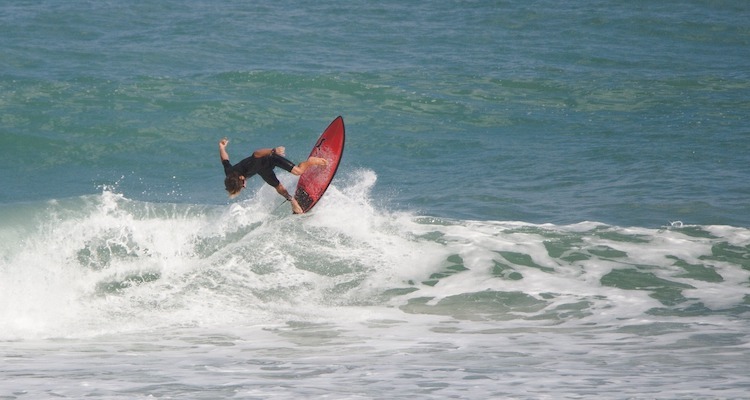
Competitive surfing requires a combination of physical fitness, endurance, and mental focus. While surfing itself is a physically demanding sport, the nutritional demands of competitive surfing are similar to those of other endurance sports Indeed several famous surfers have spoken about the importance of nutrition in their sport.
These are just a few examples of famous surfers who have acknowledged the importance of nutrition in their sport. Many other professional surfers recognize the role of proper nutrition in optimizing their performance and maintaining a healthy lifestyle. We now turn to explore the nutritional demands of surfing in a bit more details.
There are some key aspects to consider when reflecting on the nutritional demands of surfing. These include:
It's worth noting that individual nutritional needs may vary, and it's a good idea to consult with a registered dietitian or sports nutritionist who can provide personalized advice based on specific goals, body composition, and training schedule. We now turn to explore how a surfer can benefit from working with a sports nutritionist.
Working with a sports nutritionist can be highly beneficial for a competitive surfer in several ways:
Overall, working with a sports nutritionist can help competitive surfers optimize their performance, enhance their energy levels, promote recovery, and support their overall health and well-being. It allows for a personalized approach to nutrition that is tailored to their specific needs and goals.
If you would like a sports nutritionist to work with you then do search our excellent selection on our global directory of sports performance specialists.
